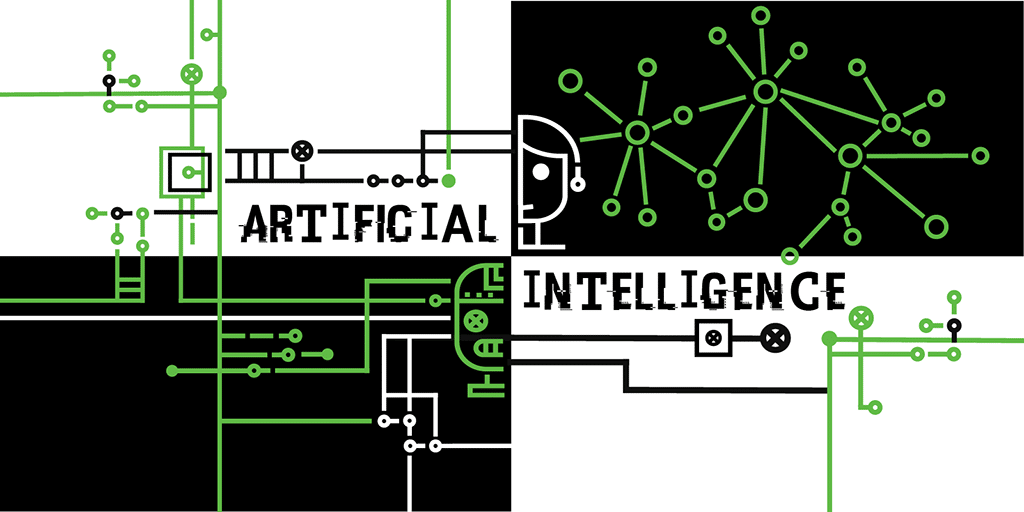Dear members of the ITFlows Consortium, We, the undersigned civil society organisations and individuals, call on the Consortium to immediately halt the use of EUMigraTool and stop pursuing the use of any and all technologies that can be used in securitisating migration, and criminalising movement and solidarity with people on the move. We are alarmed by the potential, and probable, misuse of the forecasting tool — designed to ‘predict migration flows’ and ‘detect risks of tensions related to migration’ — by authorities to interdict border crossings. Furthermore, the project itself has the power to legitimise the notion that it is possible to predict migration without risking fundamental rights — it is not. In particular, we are concerned that: Despite the Consortium’s good intentions, we are deeply concerned that the EUMigraTool will be used not as an instrument of protection, but rather of coercion. We call on the ITFlows Consortium to: Access Now Bits of Freedom Border Violence Monitoring Network Dr Cory Rodgers, Senior Research Fellow, Refugee Studies Centre, University of Oxford Dr Derya Ozkul, Senior Research Fellow, Refugee Studies Centre, University of Oxford Dr Hanno Brankamp, Departmental Lecturer in Forced Migrationat at the Refugee Studies Centre, University of Oxford “Dr Niovi Vavoula, Lecturer (Assistant Professor) in Migration and Security at Queen Mary University of London” “Dr. Jan Tobias Muehlberg imec-DistriNet, KU Leuven, Belgium” Državljan D / Citizen D European Center for Not-for-Profit Law (ECNL) European Digital Rights (EDRi) European Network Against Racism (ENAR) Fair Trials Homo Digitalis IT-Political Association of Denmark (IT-Pol) Petra Molnar, Associate Director, Refugee Law Lab, York University Platform for International Cooperation on Undocumented Migrants (PICUM) Privacy International Statewatch
Signatories:
